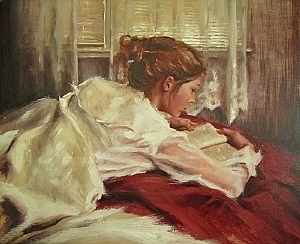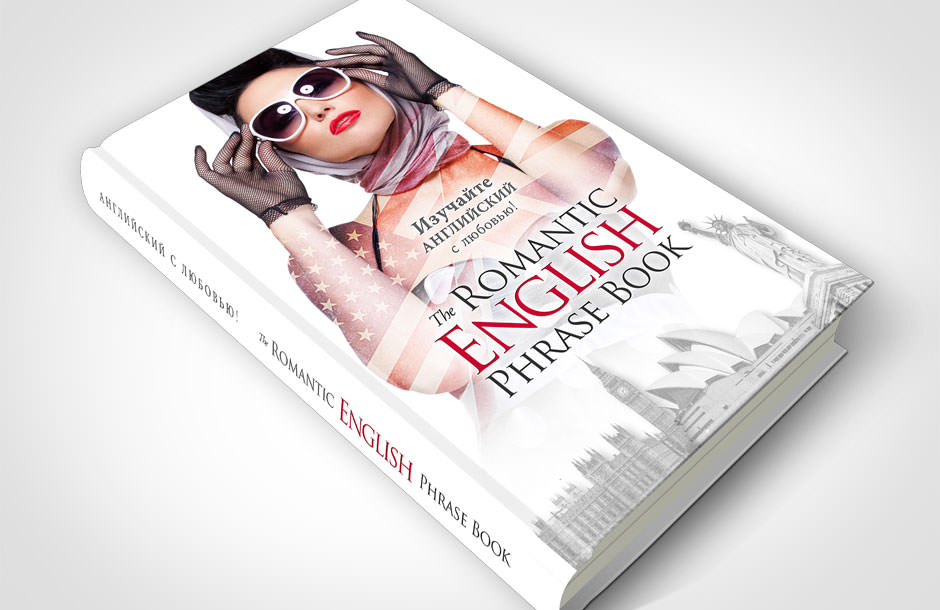
How much of rhythm should prose have? It is obvious that achieving a certain rhythm (I would even call it a ‘beat’) is critical in poetry, but in prose… should we care at all?
Dictionaries, which, in fact, are perfect antithesis to poetry, say:
In writing, rhythm is defined by punctuation and the stress patterns of words in a sentence. Long sentences sound smoother, while short sentences make your content snappier.
Well, honestly, this definition does not look complete to me. Some significant component is missing here, because this definition speaks only about the mechanics of writing, but says nothing about the author’s talent of creating individual ‘beat’ that makes every sentence sound like this author’s unique, personal accent.
When we describe our most favorite books of fiction, we often say, among other things, that “they are easy and pleasing to read and have a good flow.” Critics usually say that “this is all down to the structure and length of sentences”, as well as to the amount of syllables in each chosen word-combination, and the breaks / pauses which the author puts on certain places. [Richard Gilbert, Ben Smith]

When the authors of prose discuss their work, they like to brag about ‘making it sound nice’, but unfortunately, with tons of books being published today, readers are becoming less and less interested in having it ‘flow’. And writers in their turn, stop paying attention to the ways they put words together.
Still, some people are used to reading fiction aloud in their heads, I am one of them. This habit makes us look for the desired rhythm in the first place. We would never finish a book which ‘is not good in the sound and rhythm’, and to my mind, it is the sound and rhythm that immeduately gives away a talented author. It is the rhythm that will either keep the readers turning pages, or bore them to a stop.
Let us look at a few examples, I just made a little analysis for this article:
Rhythm and Sound in W.S,Maugham’s Prose
“It’s a funny thing about life; if you refuse to accept anything but the best, you very often get it.” W.Someset Maugham
.._._._._;._._…_, …_._.
[A] [Y] [A] [A] [jU] [E] [E] [A] [E]
Rhythm and sound pattern: [a]-[a] [e]-[e] [a]-[e]
“There are three rules for writing a novel. Unfortunately, (pause) no one knows what they are.” W.Someset Maugham
.._ _._.._.; ._..(pause) ._._.._
[E-U] [A] [A] [O] [O] [A] [A]
Rhythm and sound pattern: [a]-[a]-[o] [o]-[a]-[a]
“Love is only a dirty trick (very short pause) played on us to achieve continuation of the species.” W.Someset Maugham
.._._._(very short pause) _…_…_._
[A] [eO] [Y] [A] [Y] [A] [Y]
Rhythm and sound pattern: [a]-[y] [a]-[y] [a]-[y]
In W.Somerset Maugham’s writing, the rhythm is complex, but you can sense the patterns which he follows in every sentence. There is a whole set of such patterns, but the set is unique for every individual writer.
This is what we call ‘авторский почерк’ (author’s unique handwriting or style) in Russian, and I am sure this is true for every piece of literature in every language of the world: the combination of rhythm and sound is the main criterion of every talented author’s unique manner of writing.
Here are a few more examples:
Rhythm and Sound in Ursula K. Le Guin’s Prose
“What sane person could live in this world and not be crazy?”
Rhythm and sound pattern: [a]-[o] [o] [o]-[a]
‘When you light a candle, you also cast a shadow.’
Rhythm and sound pattern: [a]-[a] [a] [a]-[a]
‘Morning comes whether you set the alarm or not.’
Rhythm and sound pattern: [a]-[a] [e] [a]-[a]
Of course, rhythm is especially important in certain genres of prose, like fantasy, or — if we think deeper — also in mystery, in suspense, in romance, in… ah, everywhere!
Look at Neil Gaiman’s sentences: aren’t they truly poetic?
Rhythm and Sound in Neil Gaiman’s Prose
‘It is a fool’s prerogative to utter truths that no one else will speak.’
Rhythm and sound pattern: [u]-[o] [a]–[u] [o]-[y]
‘Tomorrow may be hell, but today was a good writing day, and on the good writing days nothing else matters.’
Rhythm and sound pattern: [a]-[e] [a]–[e] [a]–[e] [a]-[e]
‘Sometimes that’s enough to see you safe wherever you go. But mostly, it’s not.’
Rhythm and sound pattern: [a]-[a] [a]-[o] [o]–[o]
Well, every talented author has a unique signature rhythm that keeps her readers turning pages. I think every writer should continuously explore their personal rhythms of writing. It is also very useful to study reader responses to different rhythms, melodies of speech and beats if we want to develop unique ways of writing and become recognizeable by our writing style.










mariesontag
/ January 30, 2018This is a good topic to explore. Not very many writing bloggers address it. Well done.
LikeLiked by 1 person
Rina Tim
/ January 30, 2018Thank you! Yes, this topic is very important to me. I could never read books which are written without a unique authors’ handwriting, no matter how interesting they may be in the plot. My mind craves for beautifully developed sentences, and in the mass of printed production today, it is so difficult ro find really well written books.
LikeLike